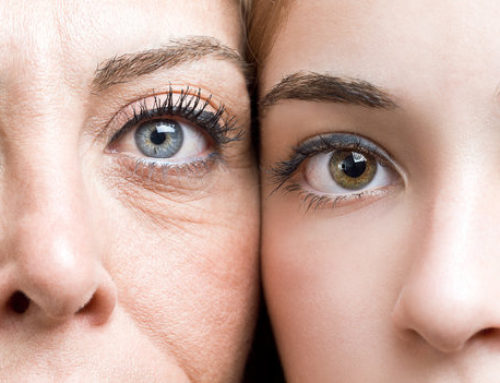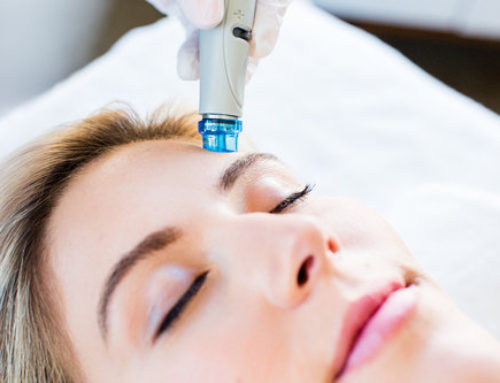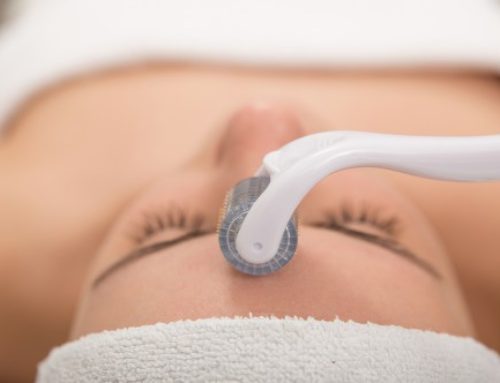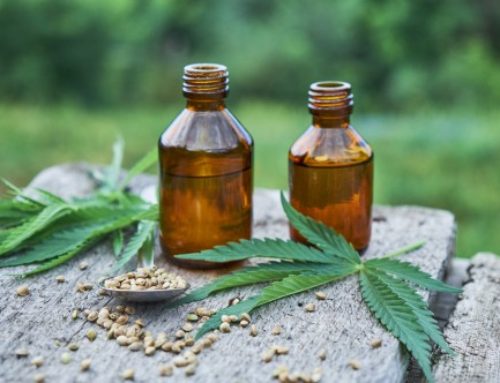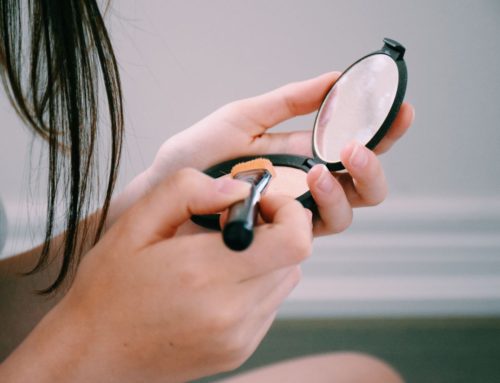From Yahoo Lifestyle, March 9, 2018
Most scientists don’t agree with the notion that marijuana is a “gateway drug,” but it may turn out to be in at least one respect. Activists are campaigning in California and Colorado — states where marijuana is legal — to decriminalize psilocybin, the drug compound found in hallucinogenic mushrooms. Their hope is that legalization will pave the way for its medicinal use.
Since 1971, “magic mushrooms” have been classified as a Schedule I drug, defined as a substance that has a high potential for abuse and is not currently accepted for medicinal use. However, an increasing body of scientific evidence says that psilocybin may indeed be worth exploring for its medicinal properties.
“If psilocybin were an approved medication, it would likely be prescribed for mood disorders such as depression, or depression related to a life-threatening illness,” Albert Garcia-Romeu, a research associate at Johns Hopkins University School of Medicine, tells Yahoo Lifestyle. “Other promising areas include use of psilocybin as an aid for anxiety-related conditions, and addictions, many of which can be difficult to manage effectively, even with the best available treatments.”
Garcia-Romeu is one of the authors of a small study that tested the use of psilocybin, along with cognitive behavioral therapy, to help people stop smoking. After just three treatments with the drug, 60 percent of participants were still abstaining from smoking more than two years later. That’s a much higher success rate than the average 35 percent achieved by other smoking cessation methods, he says.
Other studies have shown that psilocybin in conjunction with psychological treatment can help with depression and has improved both anxiety and depression in patients diagnosed with life-threatening cancer.
“There are legal medications for depression, anxiety, and for some addictions. However, these do not always work, and often come with unwanted side effects for those who do use them,” Garcia-Romeu says. “It’s also important to note that a major difference between psilocybin-assisted treatment and other medications is that psilocybin is usually only administered [one to three] times as part of a brief treatment and exhibits rapid-acting effects that can last months or longer. Antidepressant medications, for example, often need to be used daily over extended periods of time (months or longer) for sustained effects and may not work fast enough to help in extreme cases of depression.”
Researchers are still trying to figure out exactly how psilocybin and other psychedelic drugs help with these psychiatric conditions, but it might actually be because of the subjective experiences that people have while tripping.
“It’s still unknown if therapeutic effects may occur independently of the psychoactive effects of psilocybin,” Garcia-Romeu tells Yahoo. “However, one finding that has consistently emerged across various trials is that psilocybin can occasion profoundly meaningful experiences associated with persisting changes in people’s worldview and perceptions of themselves. These kinds of experiences may help reduce severity of depression and anxiety, as well as increase the likelihood of behavior change for people overcoming addictions. These psychological effects have also been linked to changes in brain function during and after drug administration, which is helping us better understand the biology of these drugs and disorders through continuing research.”
One theory is that psychedelics increase brain connectivity. Issues like depression and anxiety are associated with inflexible brain patterns, and an experience with one of these drugs may allow patients to make new ones.
A problem with all of the studies conducted on psilocybin is that they have very small sample sizes, and it’s difficult to test the drug against a placebo. If the government were to relax laws restricting the drug’s use, researchers would have more funds and freedom to expand their work, Garcia-Romeu says.
None of this is to say there’s no danger to using these drugs. “People can have intense anxiety and sometimes panic reactions under the influence of psilocybin, which have colloquially been referred to as a ‘bad trip,’” he explains. “These types of experiences can lead to persisting negative effects like psychotic reactions or mood or perceptual problems. Furthermore, in an uncontrolled setting, in people who are unprepared for psilocybin’s effects or vulnerable populations, these types of experiences can sometimes lead to unpredictable or dangerous behavior.”
Participants in the studies are prescreened for mental conditions that might make them more prone to such reactions, and trained staff remain with them just in case. Even as Garcia-Romeu sees the potential of psilocybin as a medication, he is not necessarily advocating for its broader use recreationally.
“Drugs with medicinal value can be, and often are, abused recreationally with very bad outcomes,” he says. “Opioids are a good example. There are risks to taking psilocybin that can be exacerbated by recreational use in uncontrolled settings and by vulnerable populations and other individuals who might not be well prepared for the drug’s powerful effects.”


